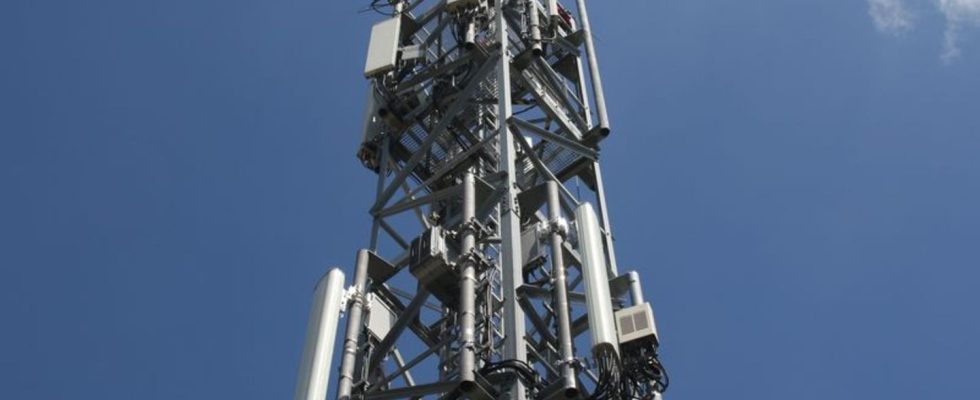Internet
Federal Cabinet adopts international digital strategy
The federal government plans for Germany to be more represented in committees that define the sixth generation of mobile communications (6G). photo
© Christoph Dernbach/German Press Agency GmbH/dpa
Tomorrow’s digital standards are defined in committees such as the International Telecommunications Union (ITU). The federal government wants to have a stronger presence there in the future.
The plan envisages Germany being more strongly represented in international specialist committees in order to advocate for these values. With this strategy, the traffic light coalition is also reacting to the actions of countries like China, which are using the work on technical standardization to implement their political interests.
“The free internet is in danger,” said Federal Digital Minister Volker Wissing (FDP). Authoritarian states are increasingly cutting off access to the Internet in order to censor unpleasant opinions and cut off citizens from information. “Network blocks are attacks on human rights that we will not stand idly by. The Internet thrives on protected communication and uncensored access to information.” Together, the federal government wants to protect the free Internet and campaign against censorship and network blocks worldwide.
The international digital strategy brought to the cabinet by Wissing specifically envisages helping to shape the standards, norms and regulations of tomorrow – such as the sixth generation of mobile communications (6G) – at an early stage through greater participation in international committees. Digital State Secretary Stefan Schnorr (FDP) pointed out that representatives from China in particular had recently been represented above average in the committees.
In 2022, Germany did not manage to appoint the director of technology and standards in the International Telecommunications Union (ITU), Schnorr admitted. “This was also the first time that Germany had ever taken up such a leadership position in an international organization that is responsible for norms and standards in the telecommunications sector.” A position in the area of frequency policy will soon be filled again. “Here, too, we are considering putting a person in a leading position.”
The new strategy relies on technology partnerships with democratic and like-minded partners, explained the Digital Ministry. In international bodies such as the United Nations as well as at the G7 and G20 levels, the Federal Government will advocate for people-centered and innovation-friendly rules for the digital space. The strategy also addresses the potential of digitalization to overcome global challenges such as climate change.
The responsible rapporteur for the Union parliamentary group, Nicolas Zippelius (CDU), explained that the decision was important in particular in order to counter China’s increasing claim to validity in the area of standards and norms. “However, this requires not only a commitment to more effort, but also actual goals and measures,” said Zippelius. Unfortunately, the government is not delivering this with this strategy.

